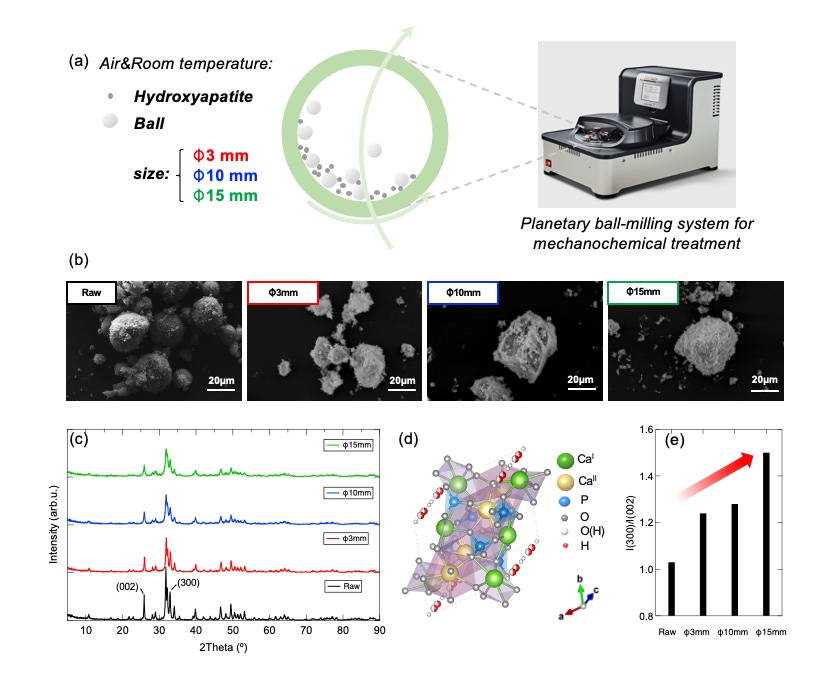Universiti Teknologi MARA (UiTM), Malaysia, Kelantan branch campus was recently awarded a grant valued at RM94,000 from the Malaysian Ministry of Higher Education for the Digital Datapreneur Incubator Project.
The grant which was awarded on 23rd November 2020 will allow Dr. Wan Fairos Wan Yaacob, the leader and her team members, Dr. Syerina Azlin Md Nasir, Dr. Nurazleena Ismail, and Dr. Wan Marhaini Wan Omar to continue building on the digital datapreneur hub initiative. This project primarily aims to centralise the mobilisation of young entrepreneurs from the public universities nationwide.
The Digital Datapreneur Incubator is aimed at equipping the growing number of participants with data-based analytical skills and encourage the use of data analytics approach to innovate the decision-making phase. This will add value to the entrepreneurs as skills in advanced technology will give them the competitive edge to not only run their businesses, but to also thrive the fast-paced economic landscape of Industrial Revolution 4.0.
Apart from providing the platform for young entrepreneurs to polish their skills in data analytics, this project will reach the local community in Kelantan by providing hands-on experience in using a wide array of applications to do their business activities. This programme has very far-reaching aims and hopes to facilitate the entrepreneurs involved through the identification of important business data which are pivotal for the decision-making process. Hence, this will enable them to make informed selection of target market, determine market segmentation, and to better strategise the market placement.
The Digital Datapreuner Incubator is one of the 10 collaboration incubators under the Structured Entrepreneurial Incubator Programme (SEIP) which is an entrepreneurship programme at the Ministry of Higher Education. Universiti Malaysia Kelantan, as the key figure for SEIP has been working hand in hand with Malaysian higher educational institutions, government agencies, as well as the industry to bring this project together.
Overall, this initiative is observed to principally produce human capital who is knowledgeable, skilled and competitive to pursue the development of digital entrepreneurship in Malaysia. The Digital Datapreneur Incubator project will contribute towards improving both data management and data analytical skills, and also ensure the sustainability across various sectors in Malaysia such as engineering, technology and digital entrepreneurship. This project will play an important role in national development.












